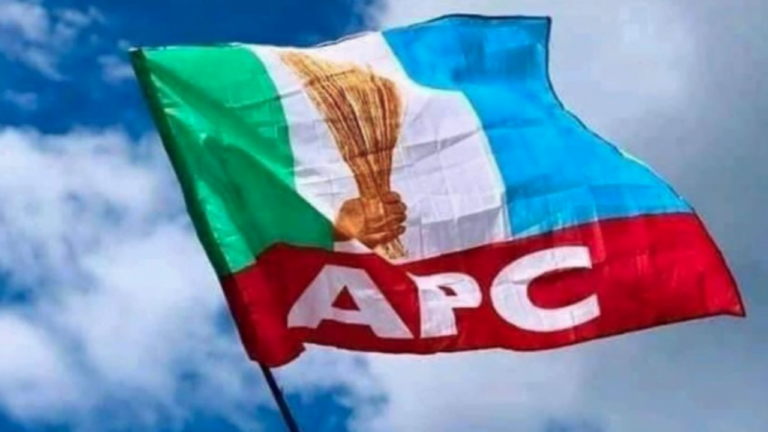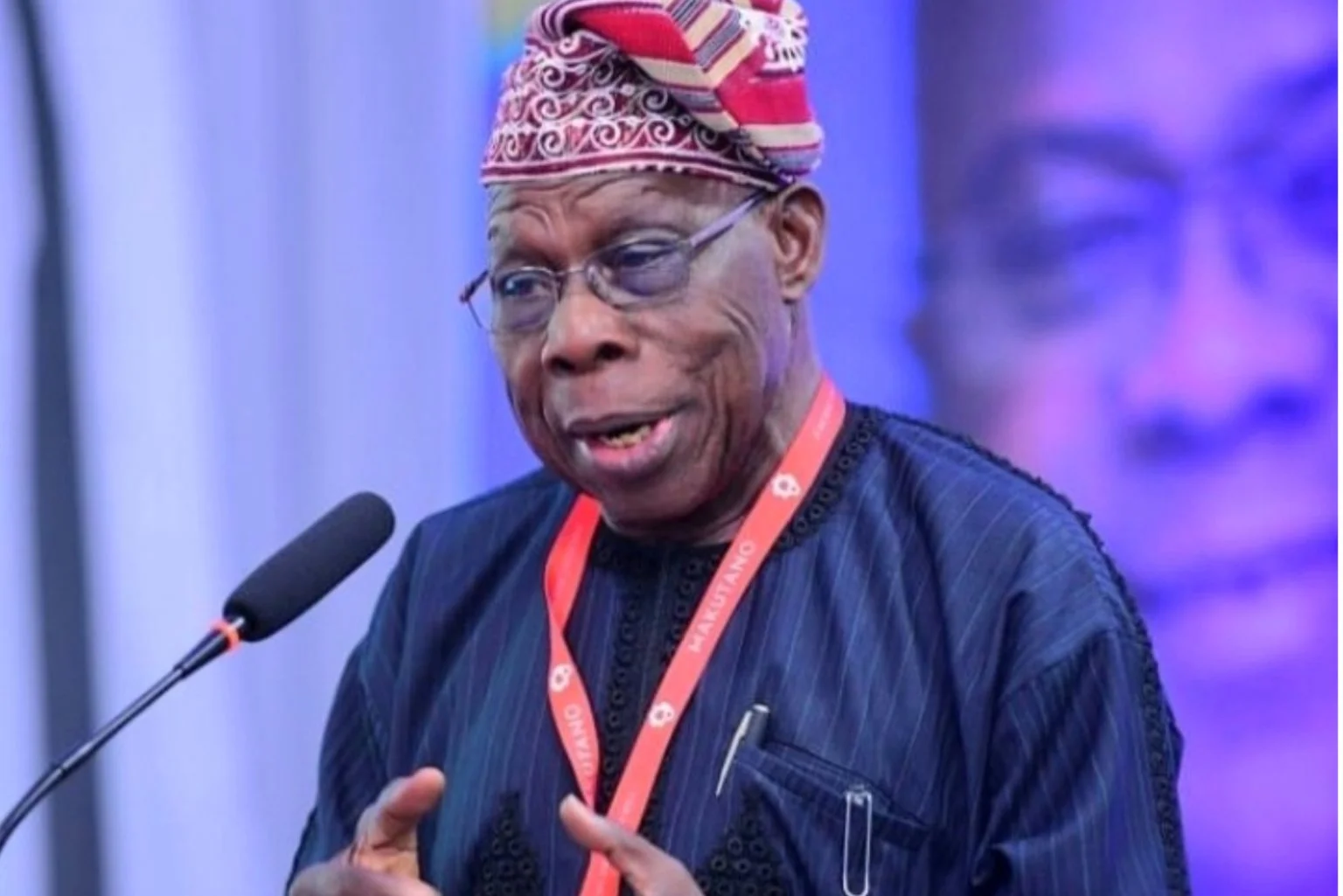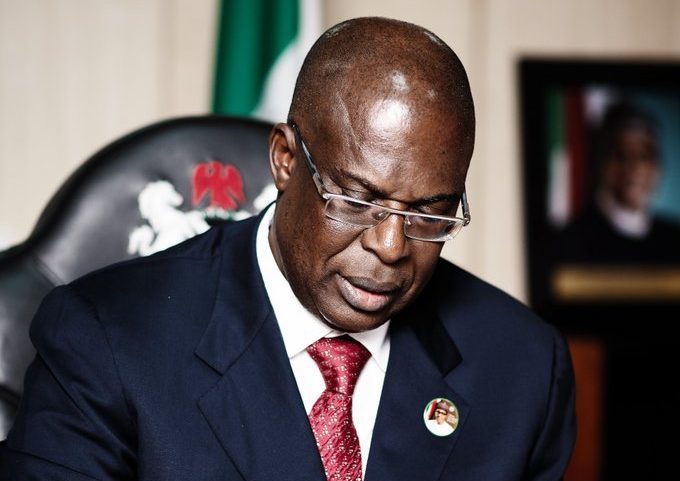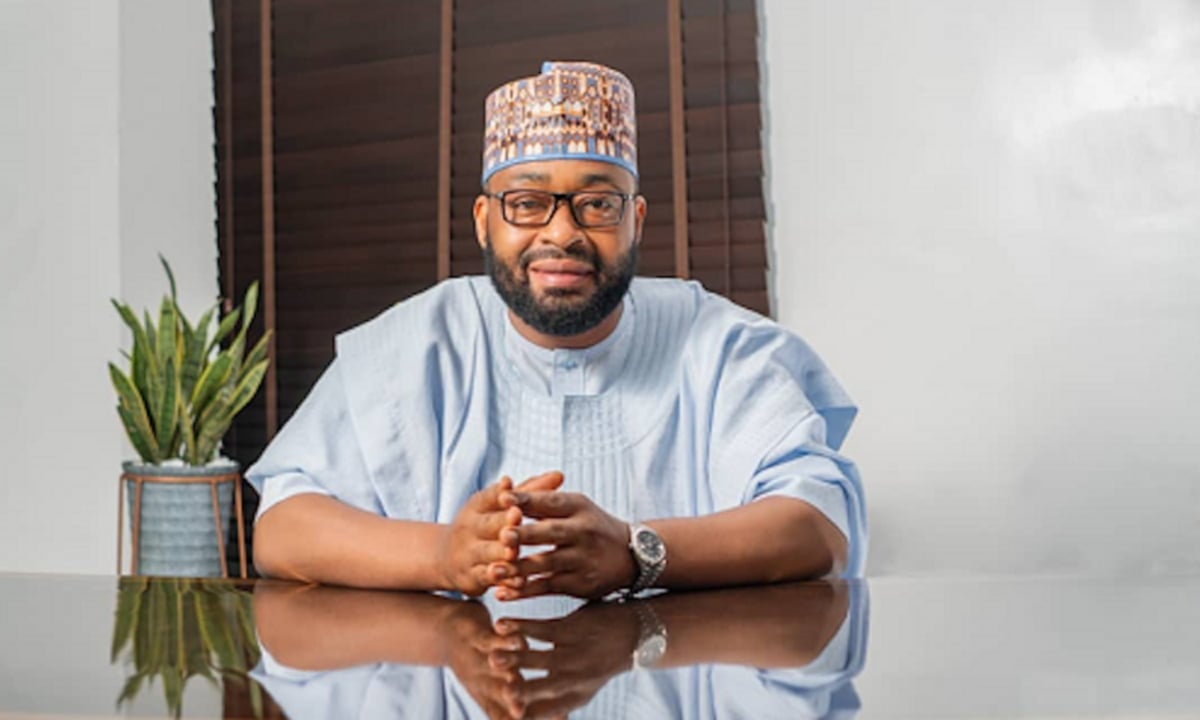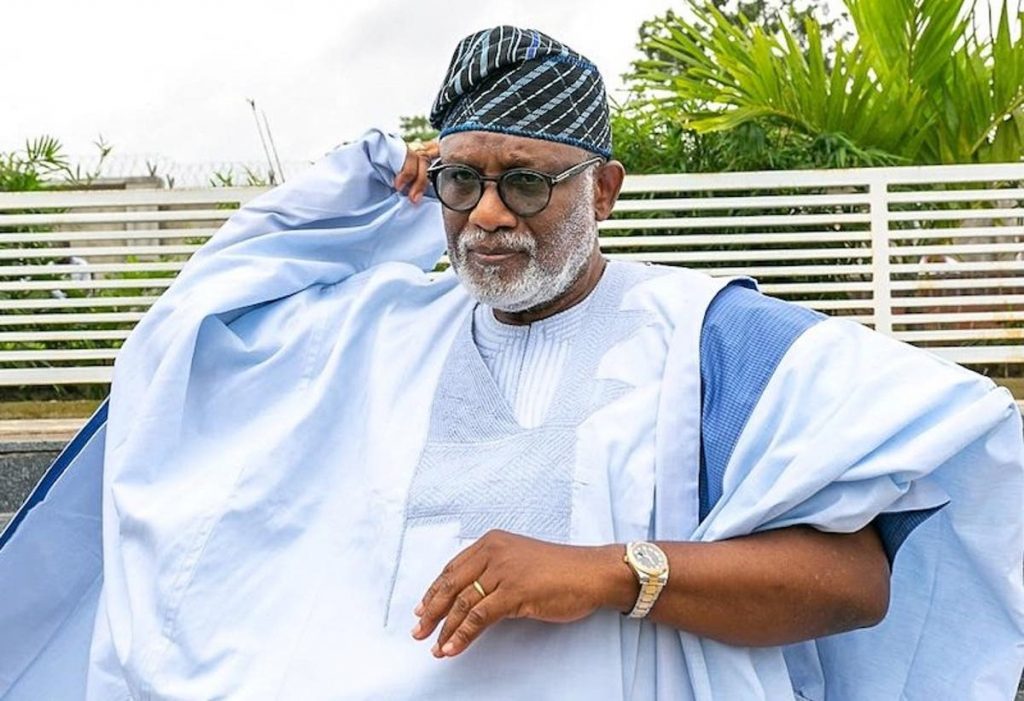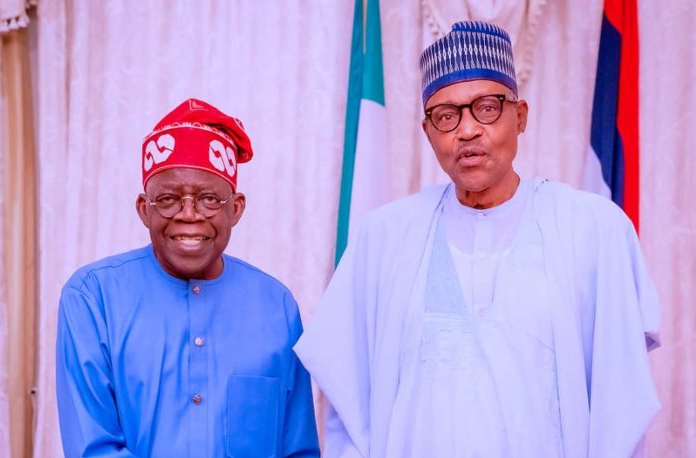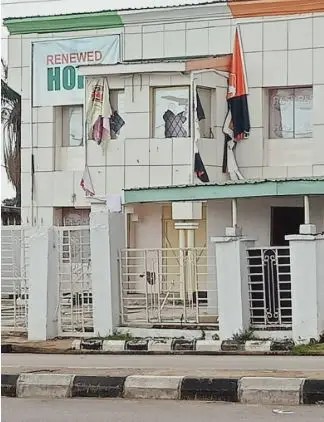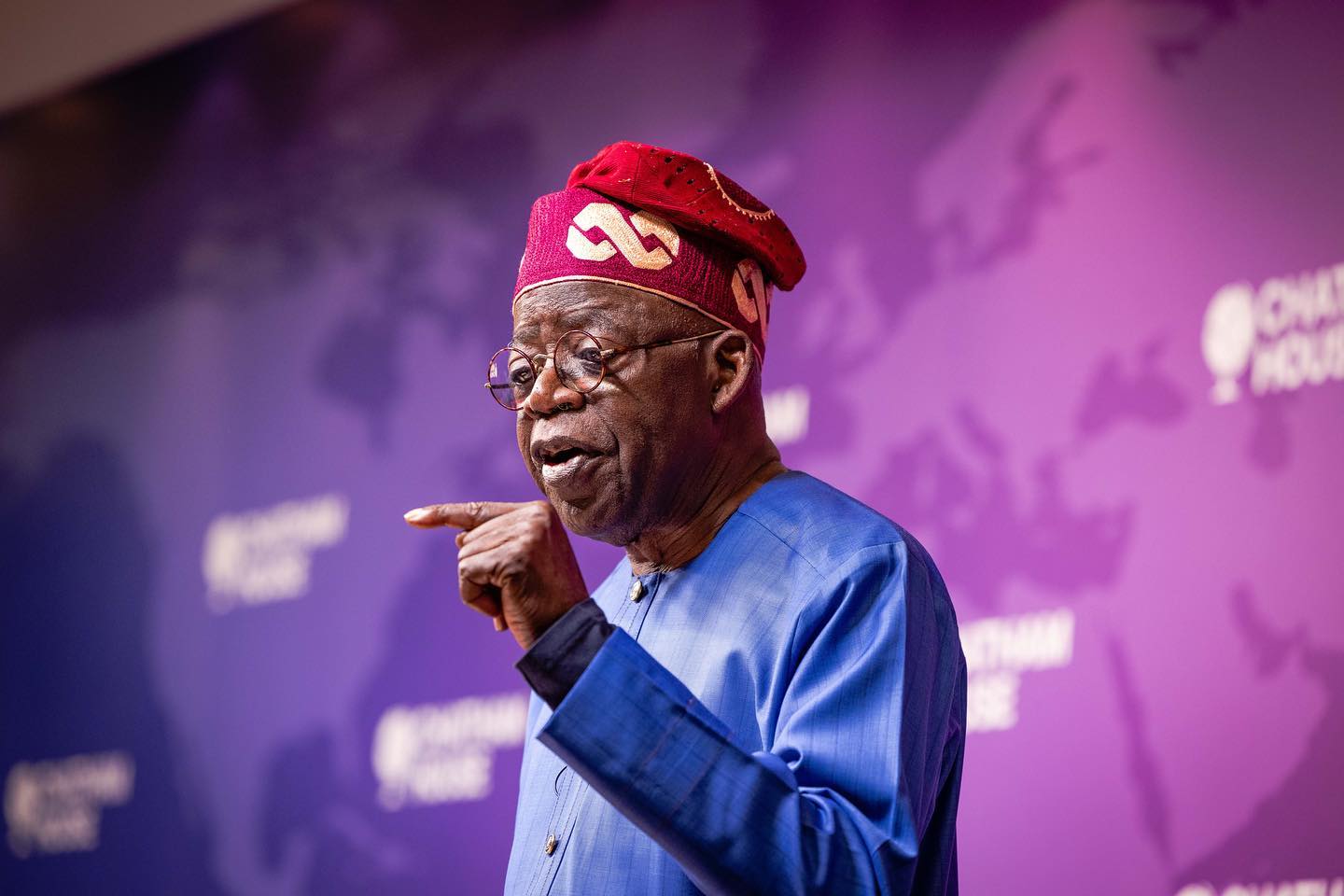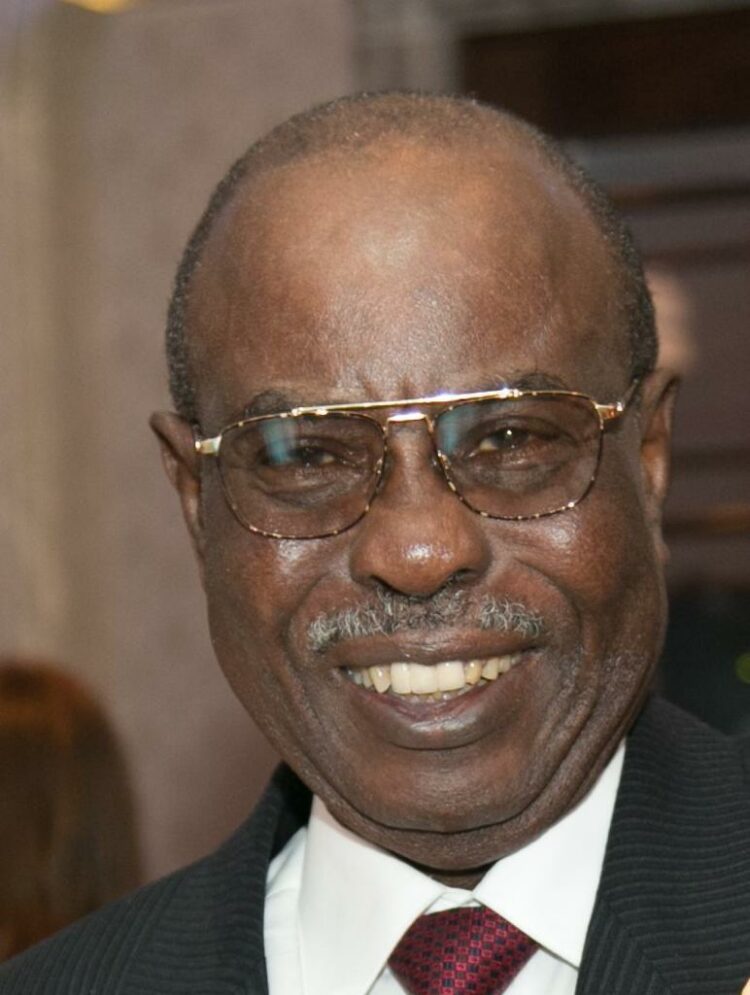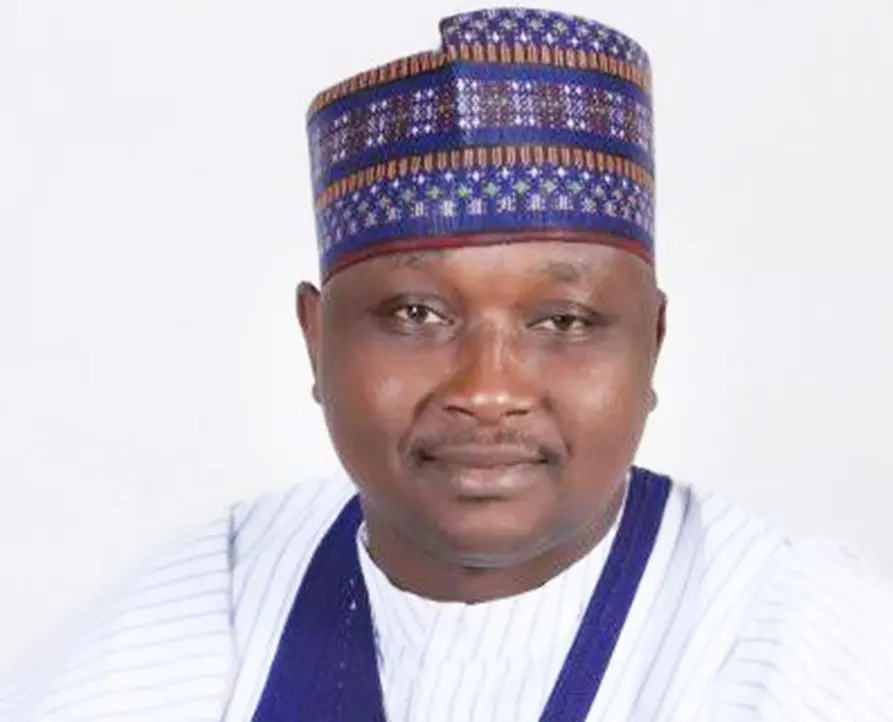Indications emerged on Sunday that governors elected on the platform of the ruling All Progressives Congress (APC) are frantically fighting to stop President Muhammadu Buhari from assenting to the Electoral Act Amendment Bill 2021 following their opposition to direct primaries method embedded in the Bill.
The APC governors, under the aegis of Progressive Governors’ Forum (PGF), have been at loggerheads with the National Assembly on the adoption of direct primaries as mode for political parties to pick their candidates for general elections.
The governors, through the national leadership of the APC Caretaker Committee, have been lobbying the presidency and making moves to stop the president from signing the bill while the National Assembly insists that it should be signed into law.
Speaking on behalf of the APC governors, the Director-General of the PGF, Dr. Salihu Mohd Lukman, had also accused the federal lawmakers of smuggling the controversial clause on direct primaries into the Electoral Act Amendment Bill.
While labeling the federal lawmakers as products of the same indirect primaries they now want jettisoned for direct primaries, he claimed that almost all elected representatives in the National Assembly are as guilty as the governors on the allegations they leveled at the state chief executives.
Read Also: APC Most Organised Party In Nigeria – President Buhari
While speaking with Daily Independent on Sunday, a former governor elected on the platform of the APC between 2015 and 2019 said the political system in Nigeria does not favour the direct primaries method.
He said having spoken with the APC governors, he was made to realise that the direct primaries method aside the problem of funding may lead to security breach in states of the federation.
‘I understand the concerns of the APC governors. The major issue why they are against the direct primaries is funding. As you are aware, INEC had stated recently that the direct primaries mode would gulp more public funds and that it doesn’t have the number of personnel required to monitor it. Can Nigeria afford that given our present economic state?’
‘But it even goes beyond that. Let us first consider the issue of registration. Which register will they use to monitor the direct primaries method? There is also the fear that the process may be hijacked. They believe direct primaries will be hijacked by political godfathers who will use thugs to deal with anyone who does not queue behind their preferred candidates.’
‘We have seen cases where voters who queued behind some particular aspirants were dealt with after the direct primaries. Some were attacked by thugs while on their way home. We all saw what happened in Lagos State in 2018 during the direct primaries between former Governor Akinwunmi Ambode and his successor, Governor Babajide Sanwo-Olu.’
‘Many people who had sympathy for Ambode couldn’t queue on the lines designated for him because of fear of being victimised. You know it’s a public thing and everybody is watching. Those who went ahead to queue for him were attacked. You can search the internet to confirm what I’m saying. The same thing is going to play out nationwide if direct primaries is allowed’.
Speaking with Daily Independent, Prof. Itse Sagay (SAN), Chairman of the Presidential Advisory Committee Against Corruption (PACAC), said political parties should be allowed to determine which mode of primaries can work for them.
On the claim by some that the indirect primaries method is being manipulated, he said there is no form of primary that is not susceptible to manipulation.
‘My belief is that direct primary is equally as susceptible to manipulation as the indirect method. Look at the nomination for presidential candidates for instance. If direct primary is allowed, the implication is that one day, all the political parties will vote for their presidential candidates. Everybody will go to the polling booth in one day. Logistically, I don’t think the outcome will be reliable. My view is that they should leave the political parties to decide what they can cope with.’
‘I understand the concerns of those who say the governors manipulate the indirect primary method. But I don’t think there is any type that cannot be manipulated. Also, I don’t think political parties have the capacity to manage such a huge type of primaries. I think it should be left open for parties to decide which method they want’.
Also, speaking, a Lagos-based lawyer and public affairs analyst, Akin Ojo, said the direct primaries method will be too cumbersome to manage.
‘To me, direct primary is not something that can be properly monitored. I believe it is going to be unwieldy. Those saying direct primary will give all party members a say in selection of candidates may not be wrong, but the reality is that is Nigeria ripe for it?’
‘The National Assembly members will be the greatest losers. They are actually taking the shortest end of the sticks. Many of them are not popular among their constituents.’
‘For me, security wise, direct voting shouldn’t be an option especially given the kind of politics we practice in Nigeria.’
‘Why do we have open secret ballot system, whereby voters queue openly on election day but vote secretly? Is not to protect the voters’ identity so that nobody knows who you voted for? Why then do you want to put people’s lives at risk by asking them to come and queue behind aspirants openly? It is too primitive for me’.
Before the passage of the amendment, parties were at liberty to choose from at least three options – direct, indirect or consensus.
The direct primary requires all card-carrying members of the party concerned to vote for the aspirants after which the aspirant with the highest vote becomes the candidate.
In the indirect primary mode, the fate of aspirants aspiring to become candidates depended on elected delegates who are usually party leaders in the ward, local and state levels.
The consensus arrangement requires an agreement among aspirants to support one of them with the support of party members.
AFRICA DAILY NEWS, NEW YORK

